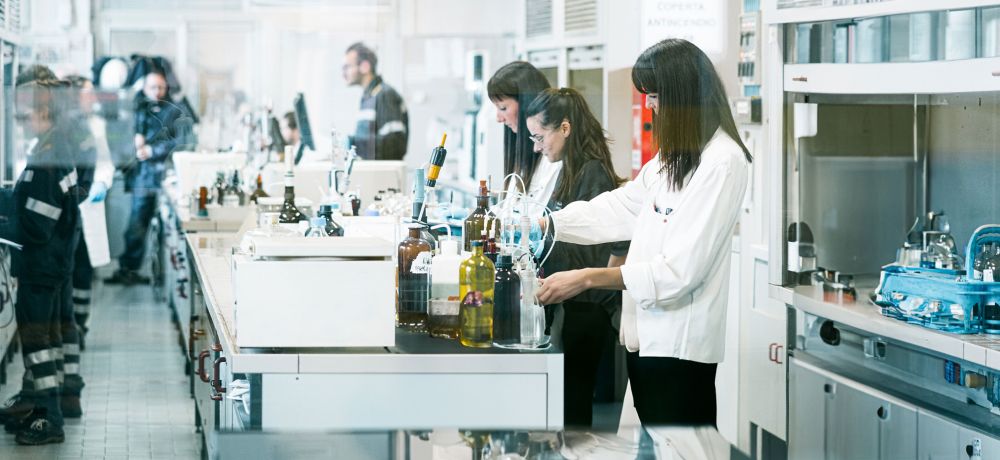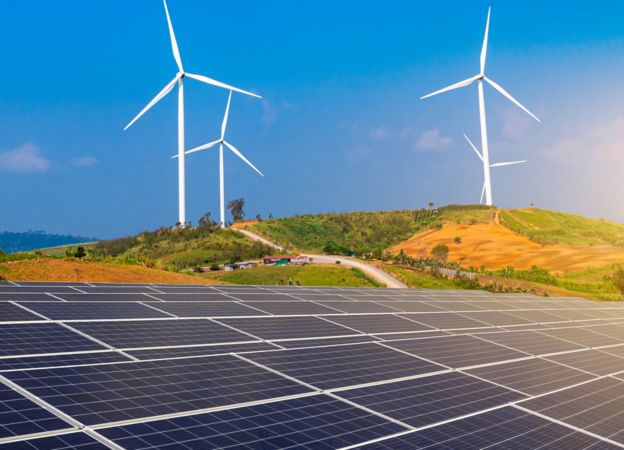Renewable energy

Or , our new artificial intelligence tool.
MyEni Login
The technological neutrality principle – energy for competitiveness
We promote the use of all energy solutions, to lower emissions and support growth in the production system.

The need to adapt solutions to individual contexts
Decarbonization can only be achieved through a variety of technologies that are applied depending on the situation. Our flexible approach favours the use of all options in a complementary way, according to their maturity and effectiveness in reducing emissions. In our strategy, renewable energy, the electrification of end uses - for instance mobility and heating - and energy efficiency play a crucial role in the energy transition, but must be combined with other mitigation measures.
This is why we believe it is essential to combine, on a case-by-case basis:
Why developing new sources of energy is important
At the same time, we adopt a long-term perspective for the development of totally new technologies such as magnetic confinement fusion, a source of energy that could forever change the energy sector and guarantee a sustainable, clean and safe future.
Claudio Descalzi
Chief Executive Officer of Eni

Research and technological innovation
The activities of our Research Centers, a network of laboratories and pilot plants that support our business.





















